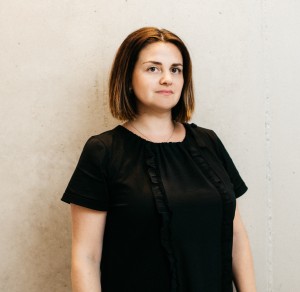

Weight loss and malnutrition are not uncommon for patients with cancer. Signal substances and neurotransmitters, which produce cancer cells themselves, contribute to the reduction of endogenous fat, as well as muscle mass. In addition, the body’s energy needs increase. Thus, there is a deficit of energy, which must be balanced. However, if oncological therapy causes nausea, vomiting, or lack of appetite, it is difficult for many cancer patients to restore balance.
According to Deutsche Krebshilfe eV, German non-profit organization of fight against cancer, diet therapy for patients with cancer should pursue, among other things, the following objectives:
The service of information support of cancer patients emphasizes: During chemotherapy, first, there is what you want – the slogan here is the “menu of choice.” It is quite possible that the eating habits will change during the course of chemotherapy. As Deutsche Krebshilfe, German non-profit organization for combating cancer, notes, a full-fledged diet means that a person uses all the nutrients he needs in sufficient quantities and thus the body receives as much energy as he needs.
Anyone who cannot overpower three large basic meals a day can take food in smaller portions and distribute them throughout the day. Walking or staying on the balcony or in the garden for a few minutes can return the appetite. In addition, it is important and use a sufficient amount of fluid, especially in diarrhea and vomiting. In such cases, vegetable and meat broths are also suitable to restore lost salts in the body.
Some oncological patients suffer from severe weight loss, the so-called cancer cachexia. According to the newspaper “Pharmazeutische Zeitung” (“Pharmaceutical Bulletin”), in such cases, patients should receive more than 30% of energy from fats. For example, this can be achieved by adding cream or butter to the dishes. It is also possible for high-calorie liquid food, the so-called food for astronauts, or feeding through a probe, if other methods do not help.
Share:
